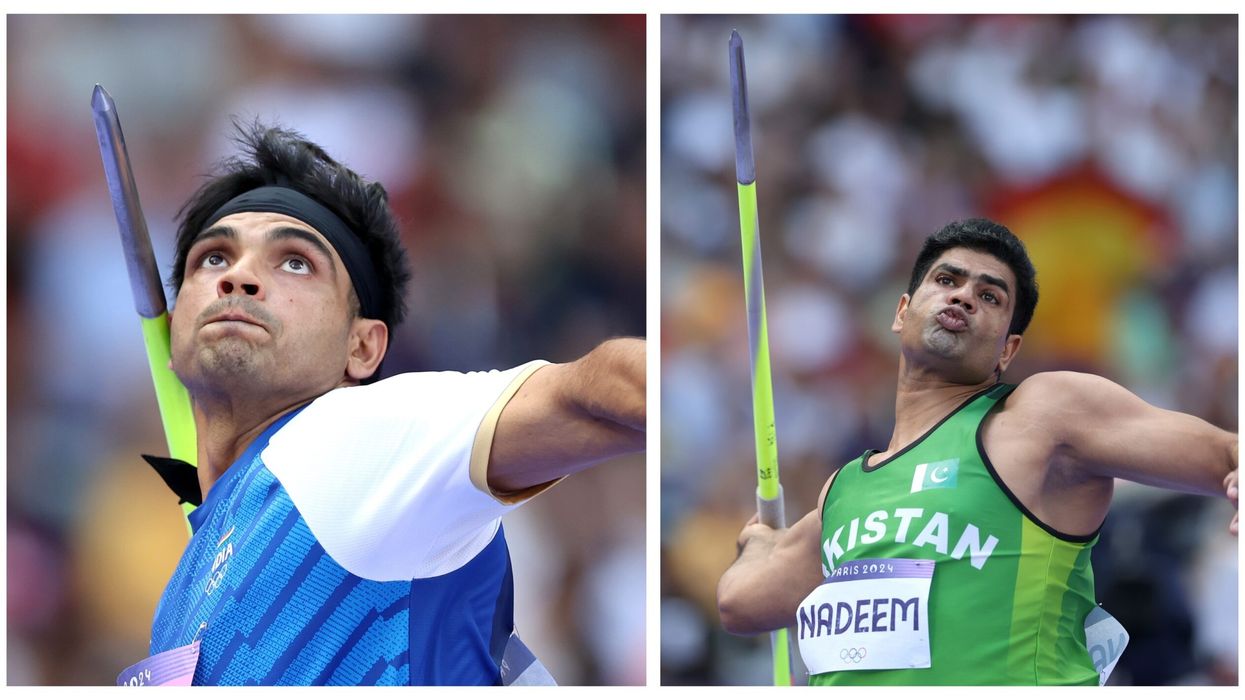New Delhi is hoping to privatise Air India to make the ailing national carrier more competitive, but experts say debts of at least $8 billion (£6 billion) could deter buyers.
India's finance minister said on Wednesday the government had approved a plan to sell a stake in Air India, which has long struggled to compete with privately-owned rivals.
India has the world's fastest-growing passenger airline industry, expanding at an annual rate of around 20 per cent and the sector holds vast untapped potential.
But its loss-making state airline is plagued by a reputation for delays, cancellations and poor service.
Efforts to privatise the airline -- a huge drain on state coffers -- have foundered in the past and experts said the government would have no choice but to write off the debt if it was to attract a buyer.
"Who's going to take the risk of buying a loss-making airline and with a mountain of debt?" said Dhiraj Mathur, a partner with the consultancy PwC specialising in aviation.
Others said the current right-wing administration, India's first one-party government in 30 years which touts itself as business-friendly, was well-placed to achieve a sale.
"To write off $9 billion (£6.8 billion) of taxpayers' money is not easy, but if anyone can do it, it's this government," said Kapil Kaul, South Asia chief executive of the Centre for Aviation, a consultancy.
"When Air India gets sold, it signals to the global investor that the new India is real and possible."
The other major obstacle is the unions representing Air India's staff, which have fiercely opposed a sale.
Nonetheless the country's largest airline IndiGo has already expressed an interest in Air India, a government official told reporters Thursday (28).
The Tata Group, an Indian conglomerate that owned Air India before the carrier was nationalised nearly 70 years ago, has also been touted as a possible purchaser.
But a tweet from Anand Mahindra, the Indian billionaire who heads the Mahindra Group conglomerate, underscored the challenges facing the government in finding a buyer.
"I see myself as a generally courageous person. But I confess .. I don't possess THAT much courage," he tweeted.
The airline -- known as the "Maharaja of the Skies" for its turbaned mascot -- may not be winning in the reputation stakes.
But Amber Dubey, partner and India head of aerospace and defence at global consultancy KPMG, said its large fleet and significant market share could make it an attractive proposition -- if the debt was written off.
"It's a one-time deal wherein the winner takes all and others may take years to catch up," he said.
Air India has its roots in the private sector. It was set up by Tata Sons in 1932 and acquired by the Indian government in 1953.
Its problems can be blamed on a combination of poor decisions, a lack of a consistent leadership and political interference -- including frequent demands from politicians for new routes to their constituencies.
"This is a tough call for the government, but if it can do a once-for-all clean-up and not look back, it can expect significant interest in the airline," Kaul said.

















